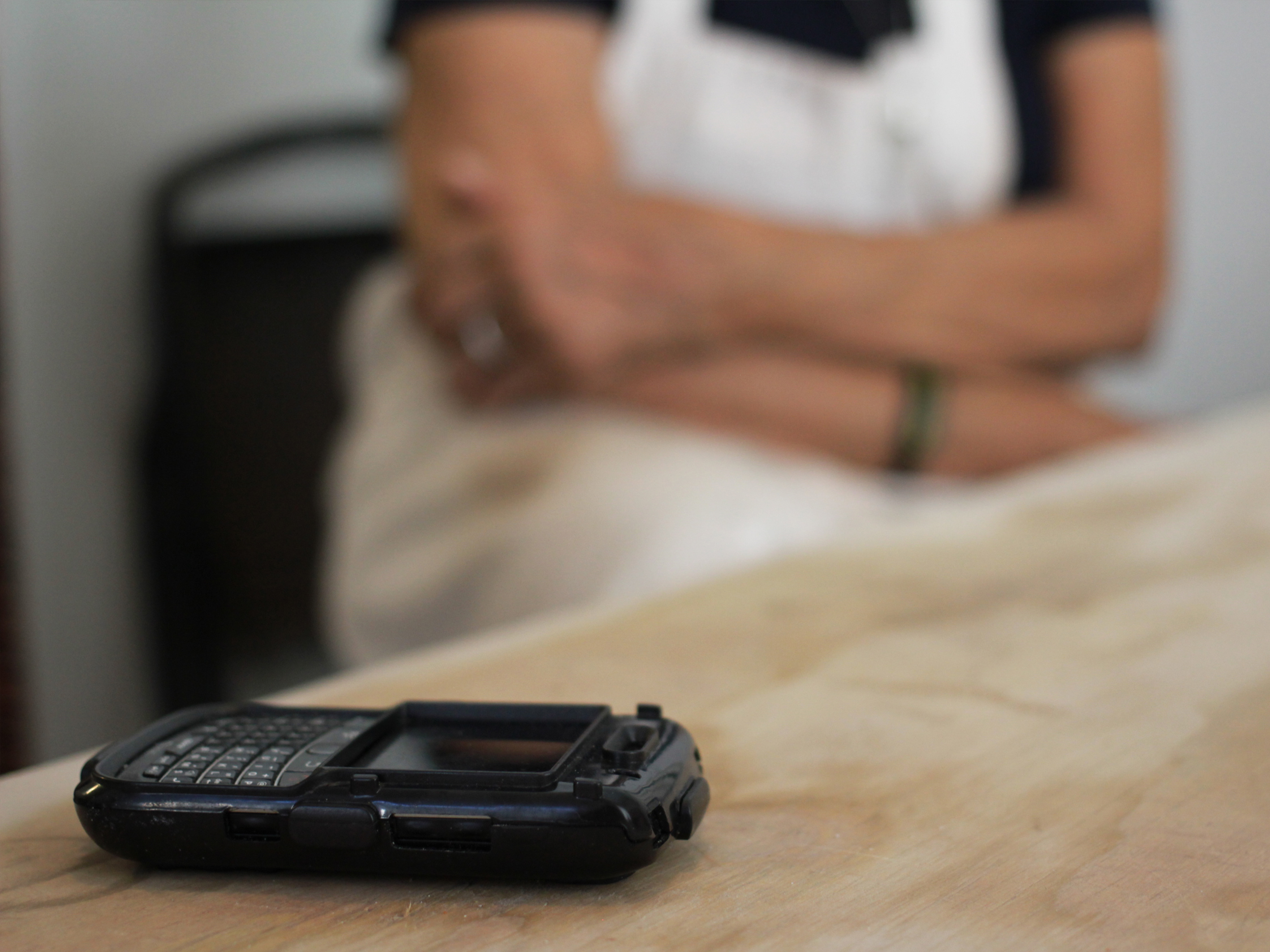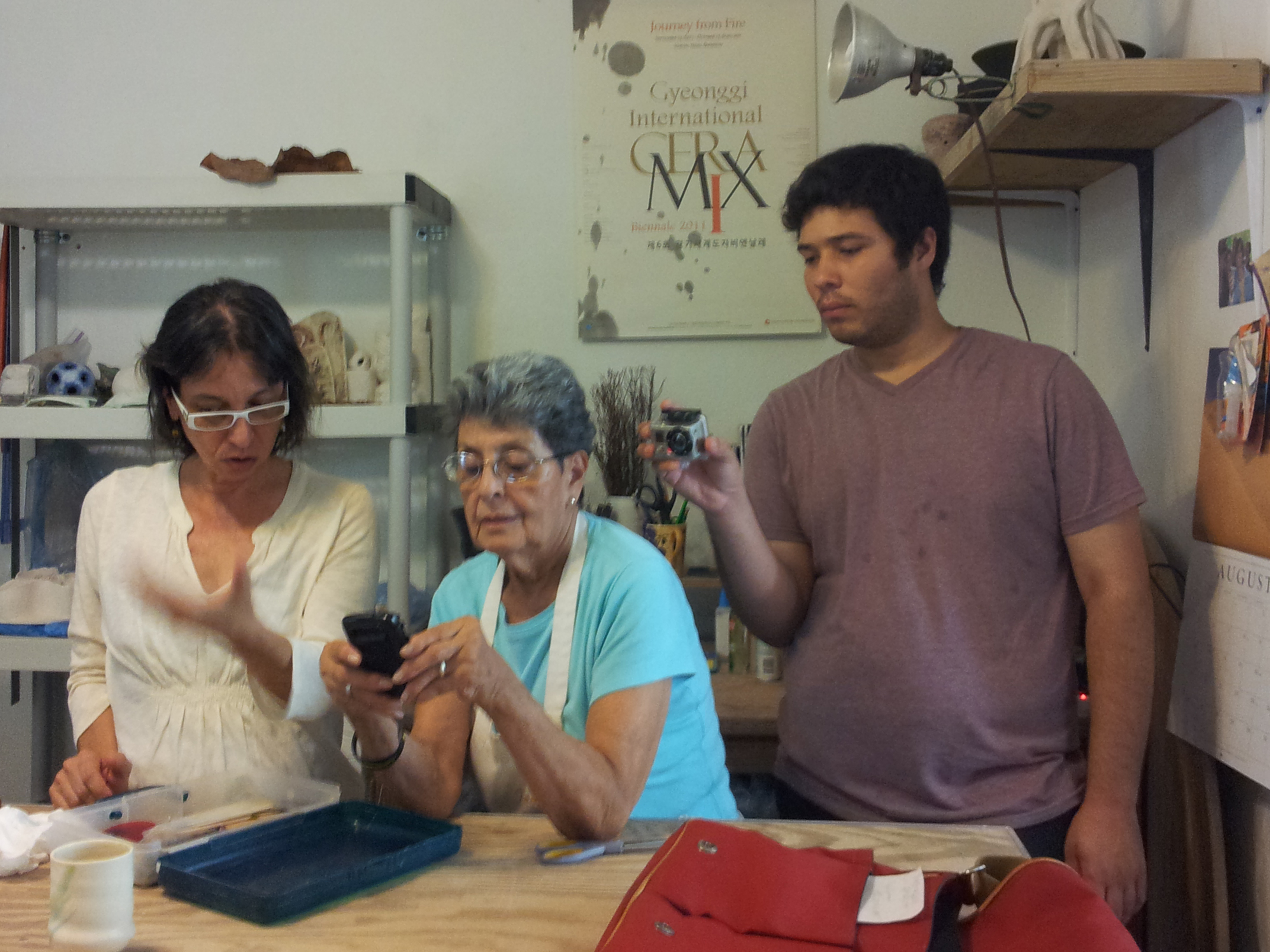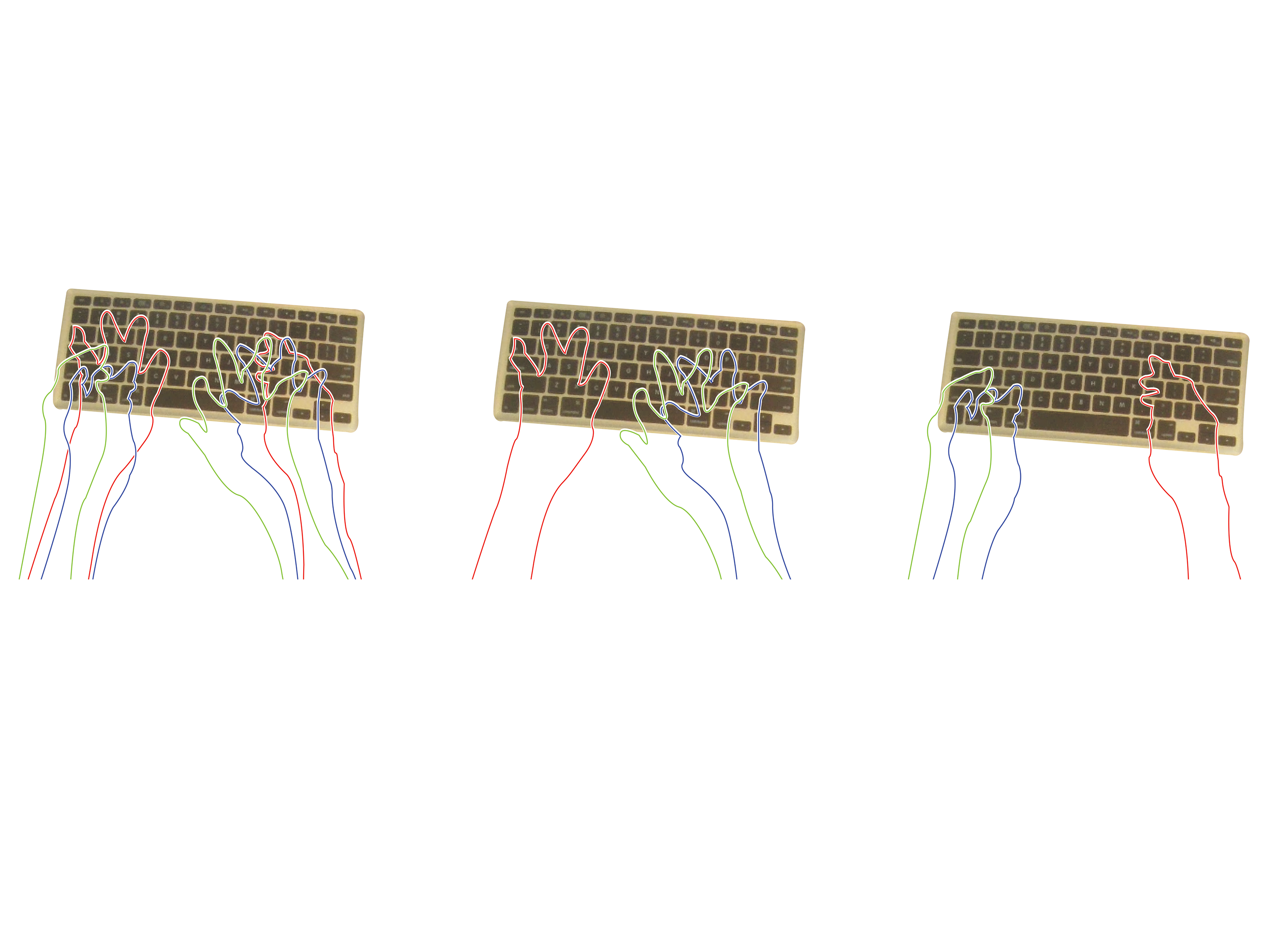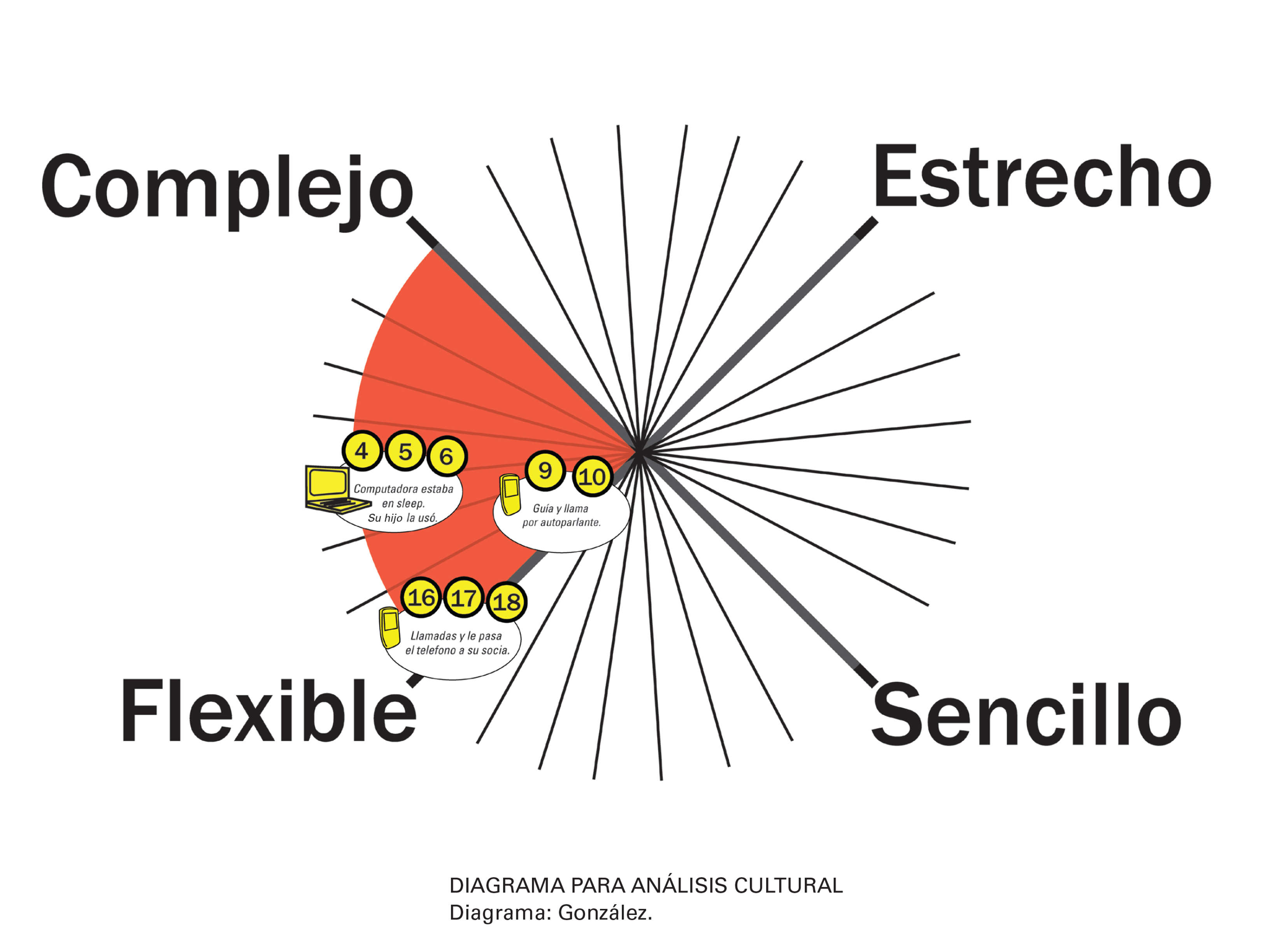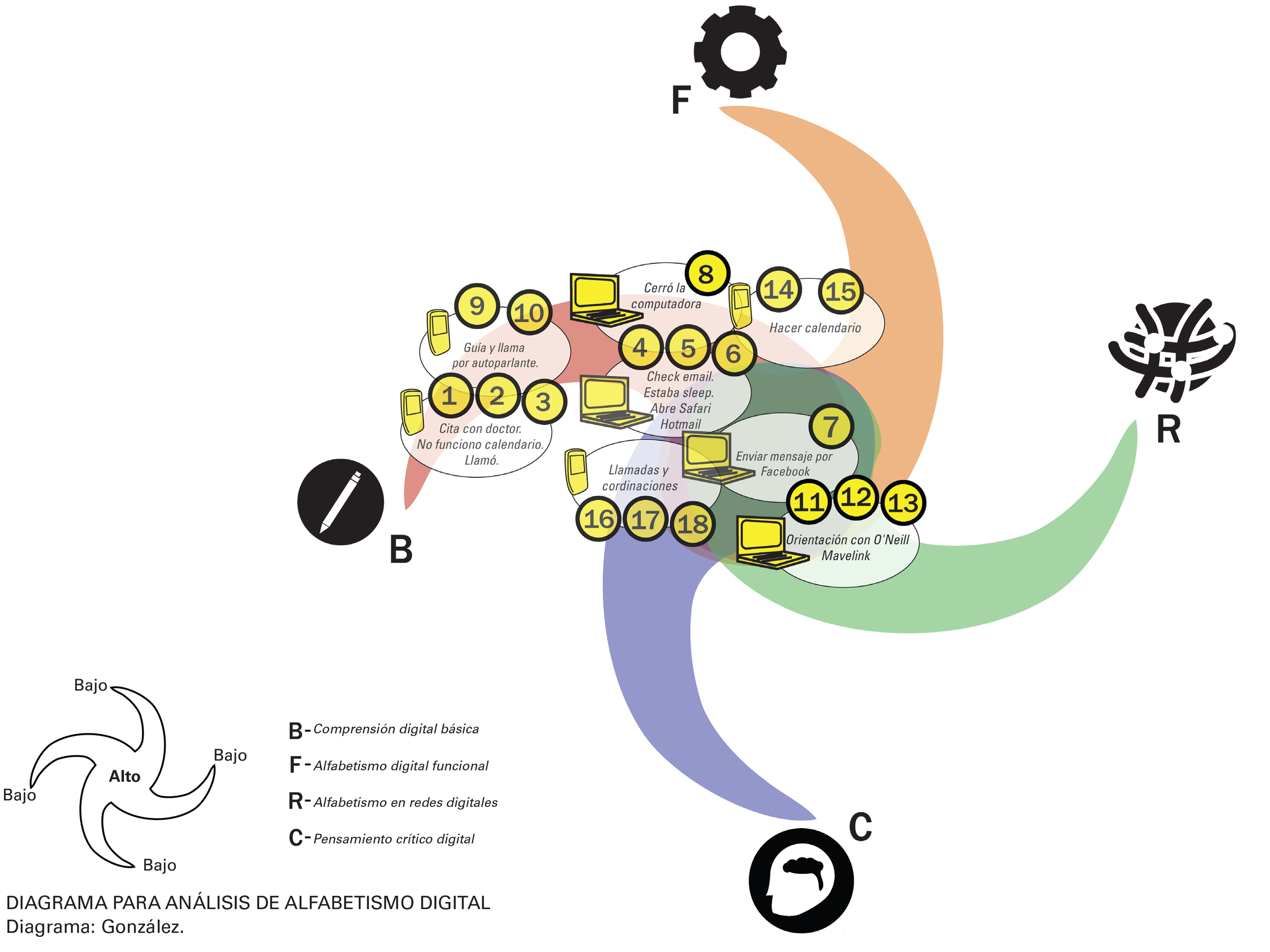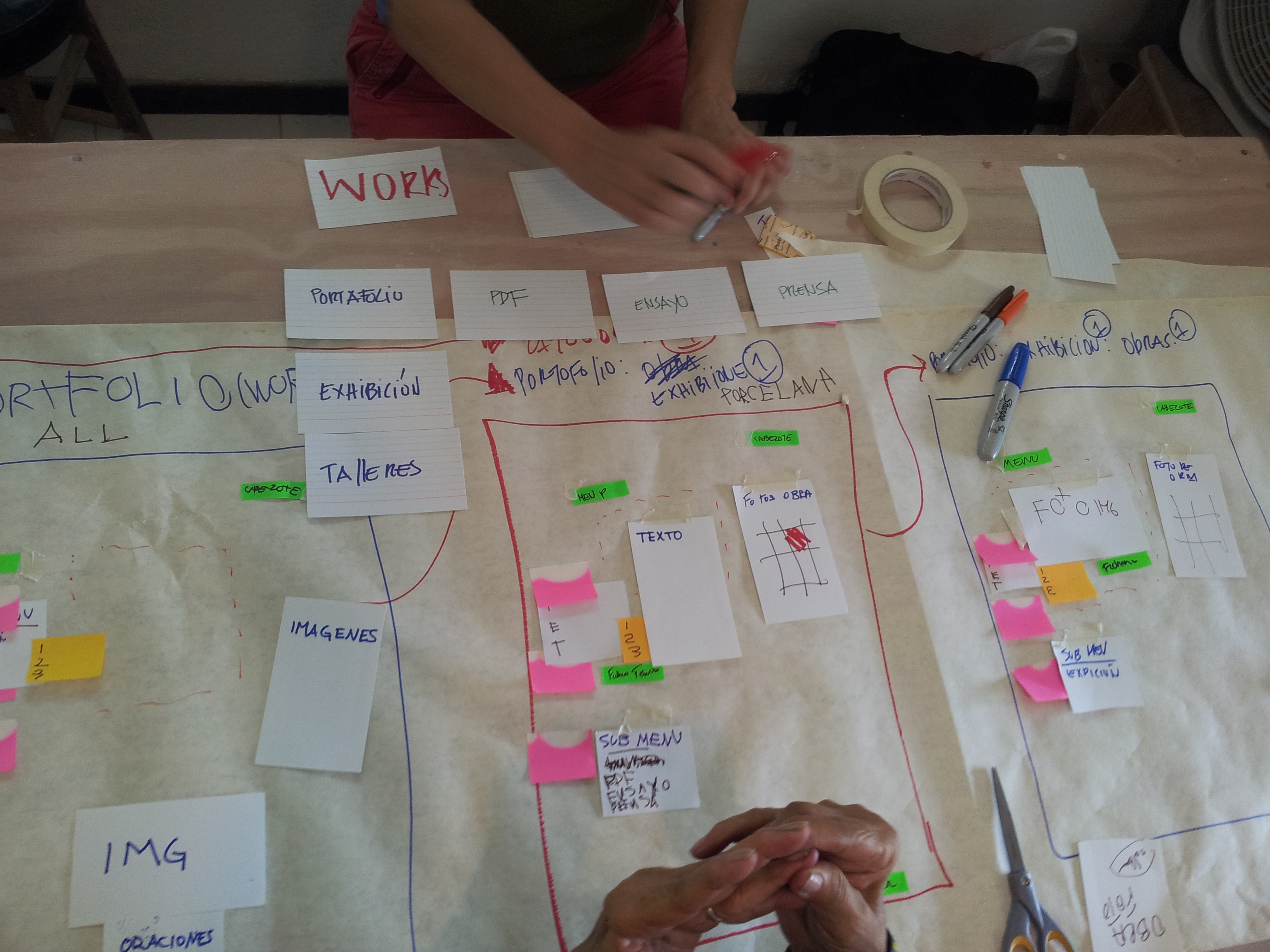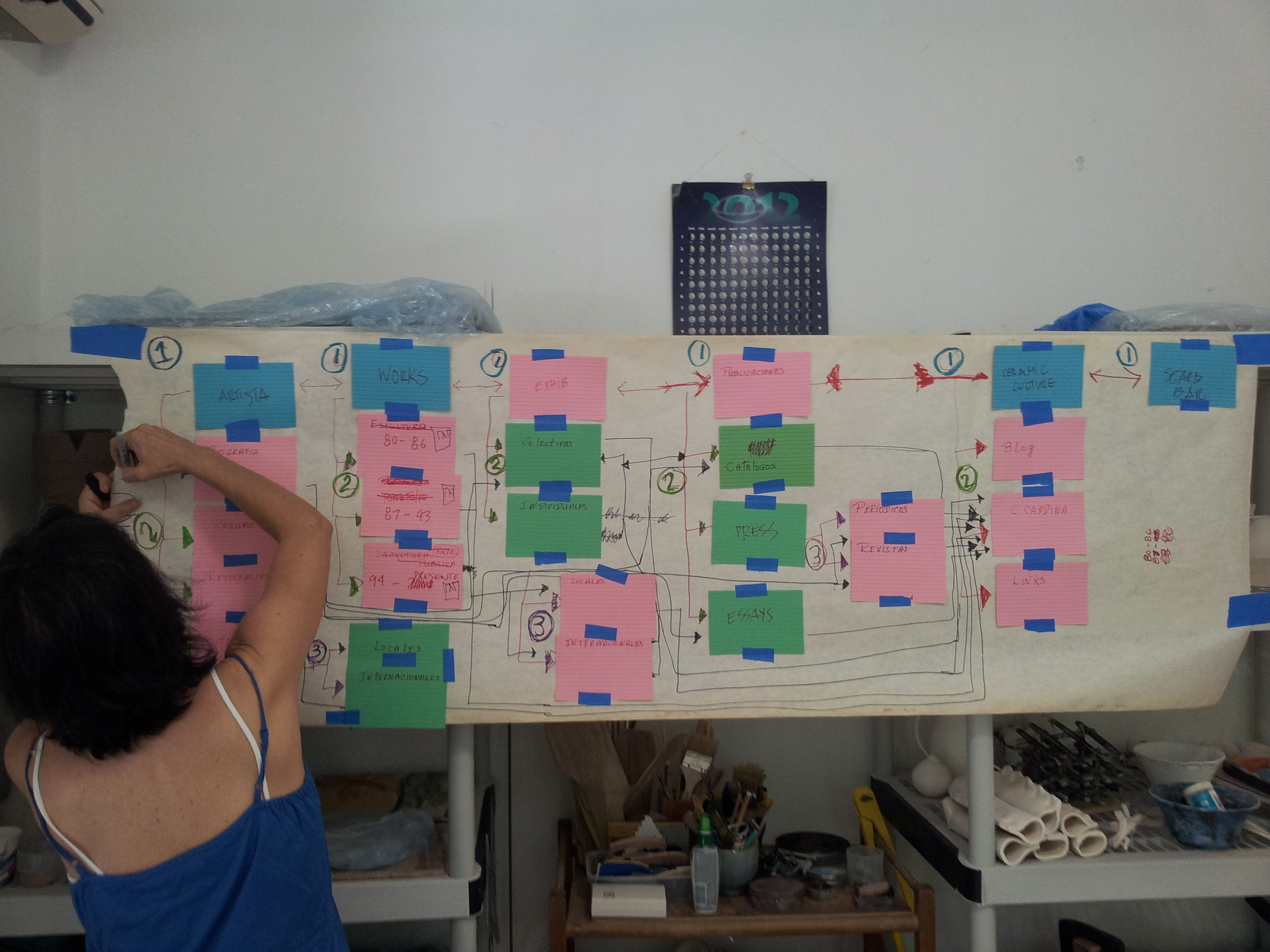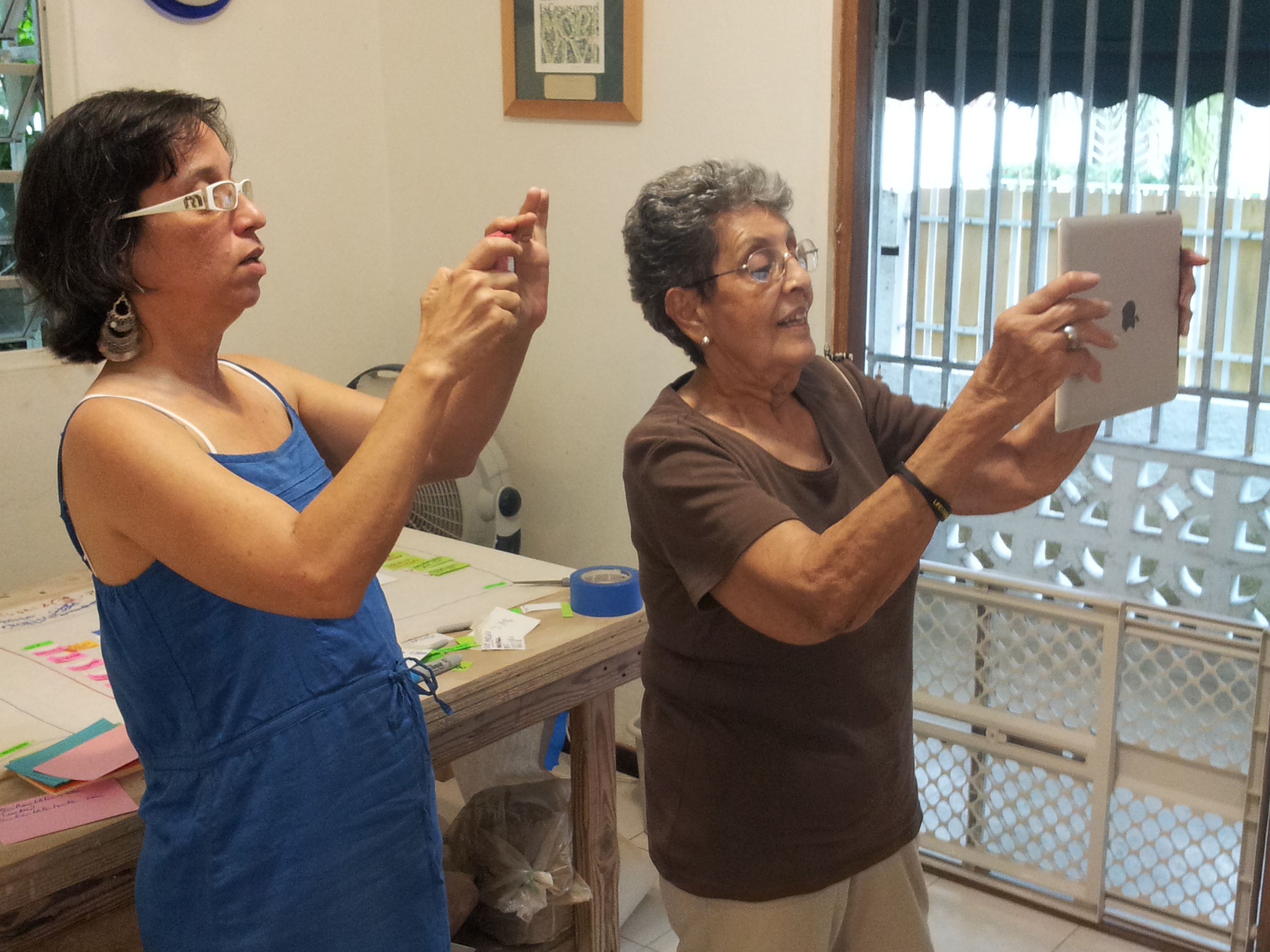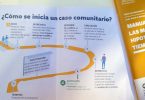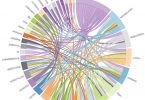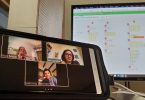The client, Toni Hambleton, is a renowned ceramist and educator.
 “I wanted to design and manage my own webpage and blog.”
“I wanted to design and manage my own webpage and blog.”
This participatory design-led research allowed me to develop tools for the staff to inquire about digital literacy and cultural behavior regarding technology.
tonihambleton.com (2012)
![]() We used participatory design for which Hambleton was both the subject of the study and its co-creator. Thus, action research was central to the project; she investigated herself along with the design and research team (with flexibility to add others) with the aim of creating an usable blog prototype that she could manage and adjust easily. Hambleton learned to quickly co-design and manage her own blog using methods related to the methodology of user-centered design. Although she treasures her independence, both in her life and in her creative process, she also thrives in collaborative working modes—sharing her smartphone, tablet or laptop with her colleague was consistent with her practice as part of an art collective and a shared workshop. This was also consistent with the initial mental map that was created during an initial conversation we had had as an exploratory attempt to see how Hambleton approached her technological artifacts culturally and socially.
We used participatory design for which Hambleton was both the subject of the study and its co-creator. Thus, action research was central to the project; she investigated herself along with the design and research team (with flexibility to add others) with the aim of creating an usable blog prototype that she could manage and adjust easily. Hambleton learned to quickly co-design and manage her own blog using methods related to the methodology of user-centered design. Although she treasures her independence, both in her life and in her creative process, she also thrives in collaborative working modes—sharing her smartphone, tablet or laptop with her colleague was consistent with her practice as part of an art collective and a shared workshop. This was also consistent with the initial mental map that was created during an initial conversation we had had as an exploratory attempt to see how Hambleton approached her technological artifacts culturally and socially.
This project made me reconsider how people comprehend digital literacy and digital citizenship. We had wrongly assumed that digital literacy relates more closely to the younger generations. Hambleton proved us wrong. This motivated me to enroll Rubberband into an independent small inquiry that was presented at Mobile Telephony in the Developing World, University of Jyväskylä, Jyväskylä, Finland; LASA 2013 – XXXI International Congress in Washington, D.C., United States; and the 2013 SME Digital Forum in San Juan, Puerto Rico. Digital Illiteracy among Puerto Rican Middle Class Smartphone Users can be viewed here.
A limited inquiry concerning comprehension and use of smartphones in middle class users in Puerto Rico upon detecting an apparent level of illiteracy in digital functions in various projects developed for their clients. The inquiry primarily aimed to answer if these users are exposed to social exclusion because of their lack of comprehension of digital interaction. If such were true, what does it imply, in the social contract?
This inquiry was picked up by consultant firms in 2014, one of them in New York, Flamingo, which hired Rubberband as experts for its own digital inquiry on the cultural specifics of how local people use their mobile devices.




